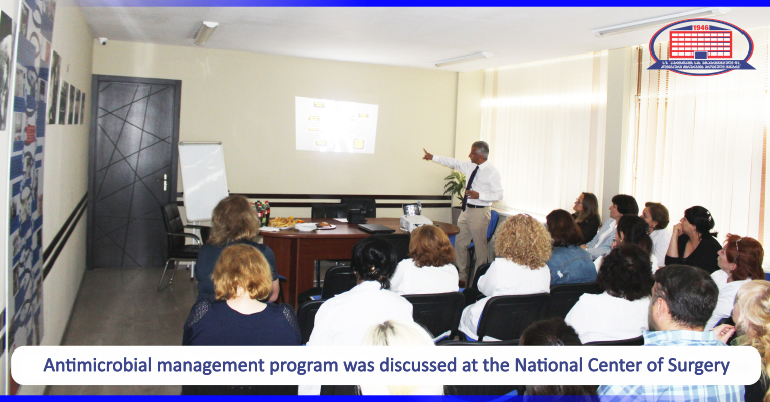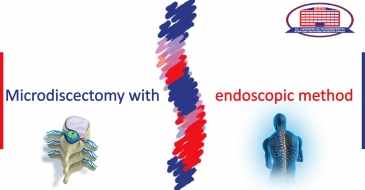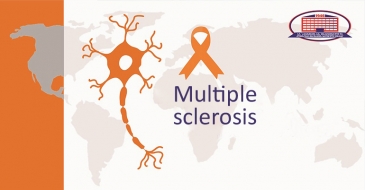
U.S experts had a working visit at National Center of Surgery.
Invited experts discussed antimicrobial strategy issues.
The visit was concluded with the scientific center Academic Health Science Partnership's professor, Dilip Nathwani’s presentation. Professor talked about the importance of antimicrobial management quality improvement in clinics, reviewed antibiotic resistance prejudices in people and put an accent on antibiotic resistance prevention measures and etc.
As Professor stated during the event, an antimicrobial strategy is based on the following:
- Infectious disease treatment measure’s improvement
- Reduction of infection risk spread during surgical operations;
- Disease and mortality reduction to a minimum.
- Patient safety care.
- Treatment of infections resistant to antibiotics is associated with big financial expenses. The aim of the program is for health care costs not to increase as a backdrop to high-quality retention. Guests had an opportunity to see, on an example of a specific clinic, how effectively does the program work and that it's possible to improve antimicrobial strategy without extra expenses
In addition, he as an example demonstrated a meta-analysis reviewing 77 different researches. Following conclusions were revealed:
- 91% decrease in the usage of antibiotics.
- Financial savings were obtained in 100% of the cases.
- The antibiotic therapy duration was reduced in 6 works.
The laboratory plays an important role in the antimicrobial program.
It should be noted that antimicrobial resistance poses a serious threat to the modern world.
Antimicrobial resistance means that the microorganism has become resistant to antimicrobial medicine, i.e. medicine that initially was effective in treating the disease caused by a microorganism, can't achieve desired results.
Of course, with discovering antibiotics, doctors managed to treat many diseases that caused death years ago. Nevertheless, nowadays because of the increase in fighting efficiency and frequent resistance of bacteria, fungus, viruses or parasites, many antibiotics might become useless preparations.
Before the antibiotic prescription, a bacteriological examination is necessary, which is an effective way to select proper treatment and prevent the formation of antibiotic resistant strains.
All patients should consider the following:
- Consumption of antibiotics is only permitted by a doctor's prescription.
- The self-termination of antibiotic therapy (treatment with antibiotics) is inadmissible.
- The doctor prescribed dose and antibiotic intake frequency has to be strictly followed.
National Center of Surgery address: Tbilisi, Dighomi, Chachava N5.
You may contact National Center of Surgery's call center at 577 119 119 or 2 02 25 25.
Wish you health!









